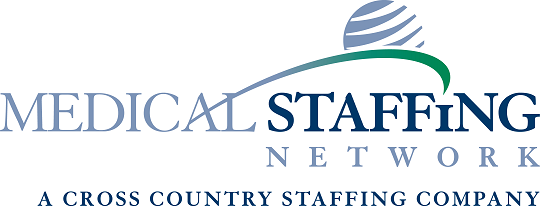The nursing shortage is a significant challenge facing the healthcare industry today. According to the National Library of Medicine, this problem has complex roots, including a need for more potential educators, high turnover rates, and an uneven distribution of nurses.
However, the issue is not new and has been a concern for years. The demand for registered nurses has consistently outpaced the supply, as reported by U.S. News, and this gap has only grown wider due to the COVID-19 pandemic.
The Bureau of Labor and Statistics projects a staggering 203,200 job openings for registered nurses through 2031. We urgently need a solution to train and prepare new nurses to meet this demand.
The Role of Online Education
One promising solution to address the nursing shortage is using an online education platform that is more innovative than traditional solutions. This innovative approach offers an accelerated and accredited nursing degree program that provides flexibility and addresses the issues of cost and time constraints.
Revolutionizing Nursing Education
Online EdTech companies are revolutionizing how we approach college education. Their cutting-edge platform allows students to start courses at their convenience and complete them in weeks, all at a fraction of the cost compared to the national average tuition fees.
Overcoming Traditional Barriers
Traditional four-year bachelor’s degree programs at colleges or universities often present formidable obstacles to aspiring registered nurses. Many students face rejection from nursing programs, prolonged on-campus commitments, high tuition fees, inflexible schedules, curriculum challenges, and a sense of isolation. The right online education program overcomes these barriers.
Affordable and Accessible Education
One of the primary obstacles to becoming a registered nurse is the high cost of education. However, the more innovative online education programs and platforms offer 100% online courses, allowing students to maintain a flexible lifestyle while reducing costs to half the national tuition average. Moreover, these courses are taught by experienced Master’s and PhD instructors, ensuring the quality of education.
Endorsement and Accreditation
The recommendation of its courses, such as the American Council on Education, sets the right online education program apart. Furthermore, they facilitate the transfer of students to partner universities, which then confer accredited university degrees upon qualifying students. The right online program will also work with several university partners, giving students various options to earn a respected and accredited nursing degree.
Bridging the Gender Gap
According to Forbes, women in nursing roles often earn higher salaries than their male counterparts. For example, women make 3% more than men as vocational nurses. Therefore, online education programs that use a more advanced platform particularly benefit young people and women.
The Solution Summarized
The shortage of nurses is a long-standing challenge exacerbated by various factors. The solution is not just an online nursing education program but an online nursing education program that uses an innovative platform that differentiates itself from others in accessibility, affordability, and flexibility. By embracing such a solution, we can work towards resolving this critical issue and ensuring a steady supply of qualified nurses in the healthcare industry.
Written By: Justin Hart





